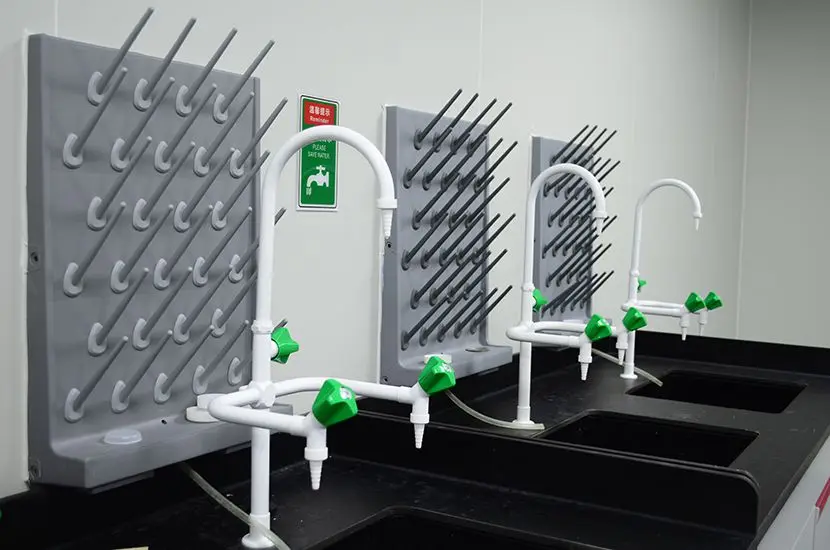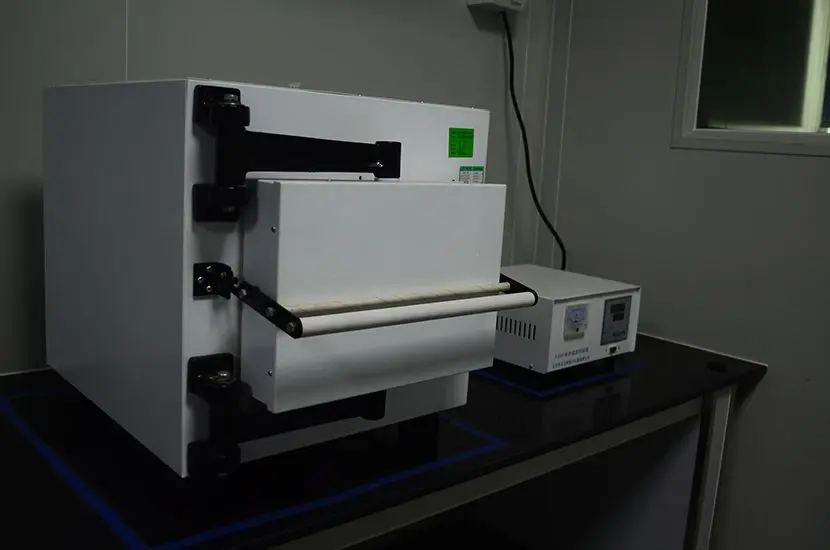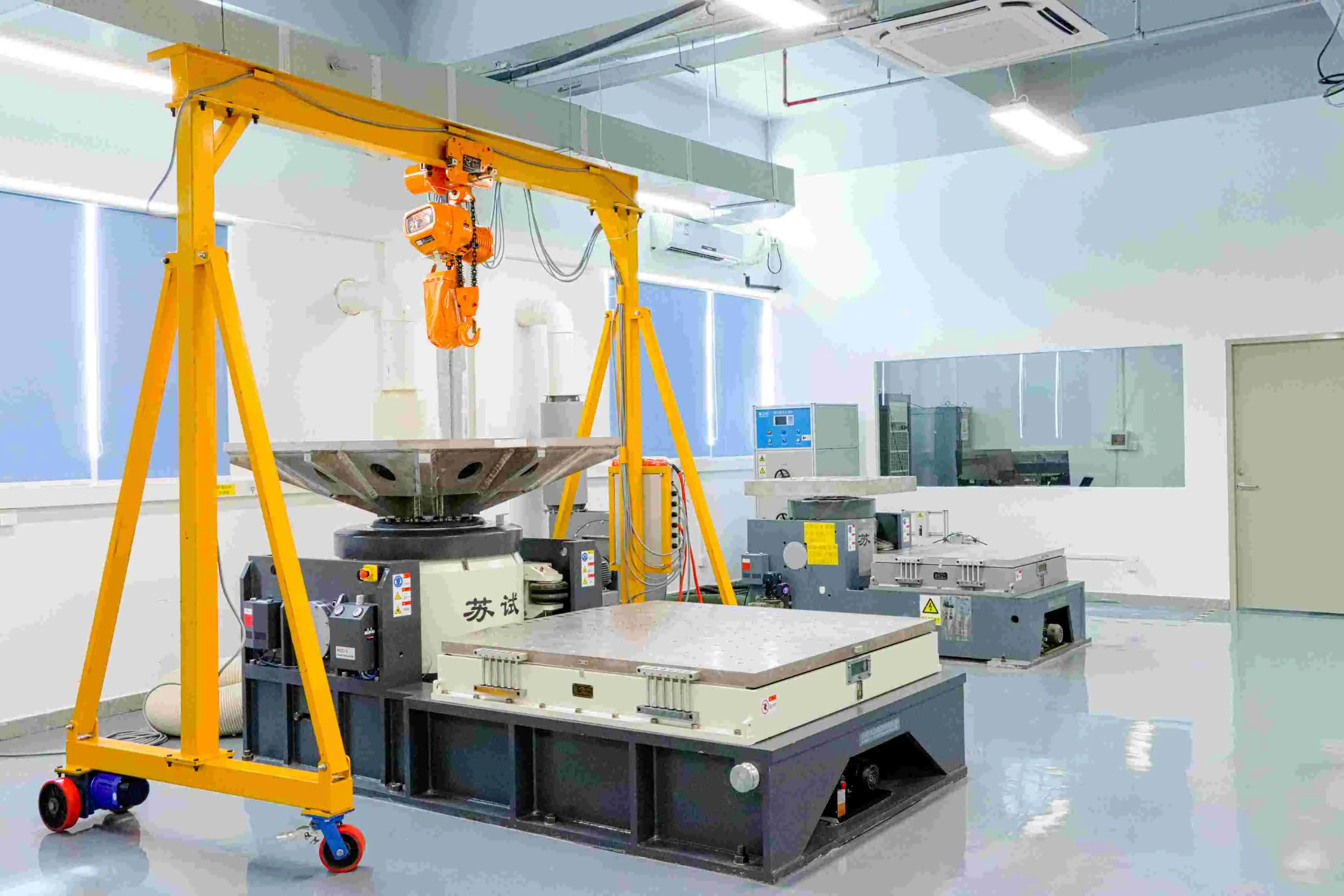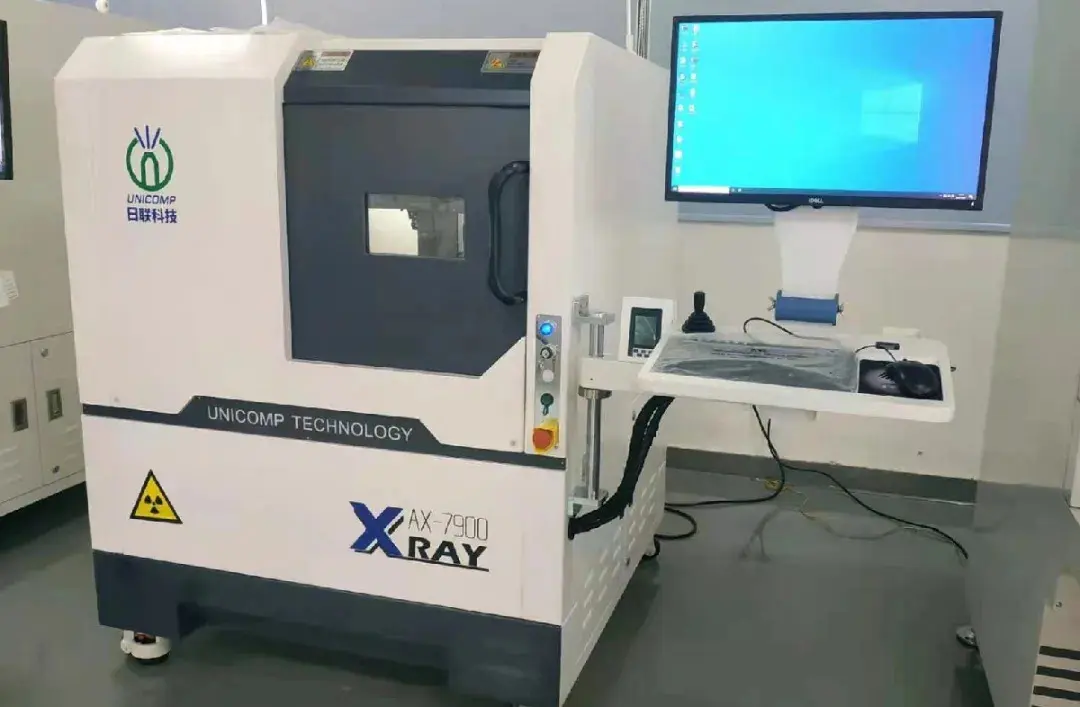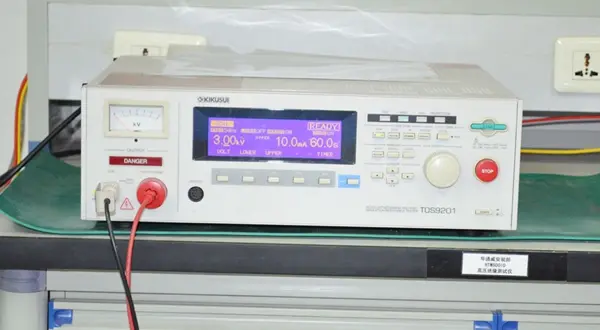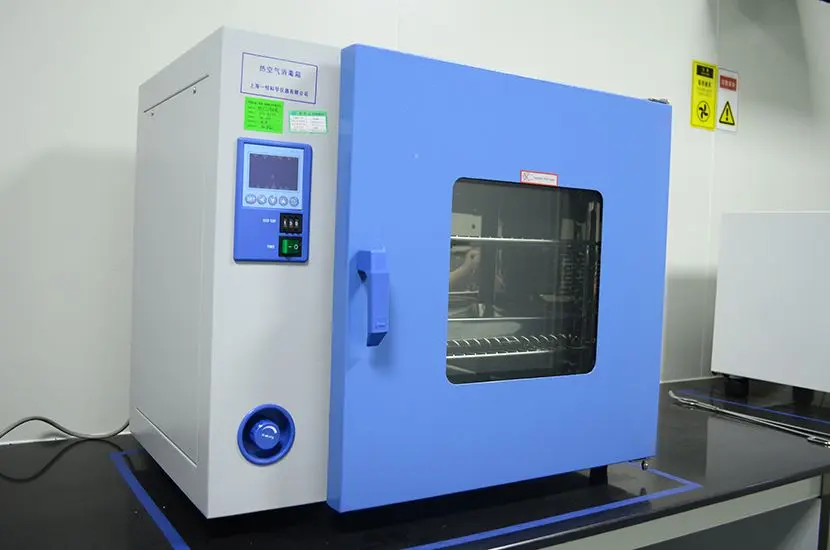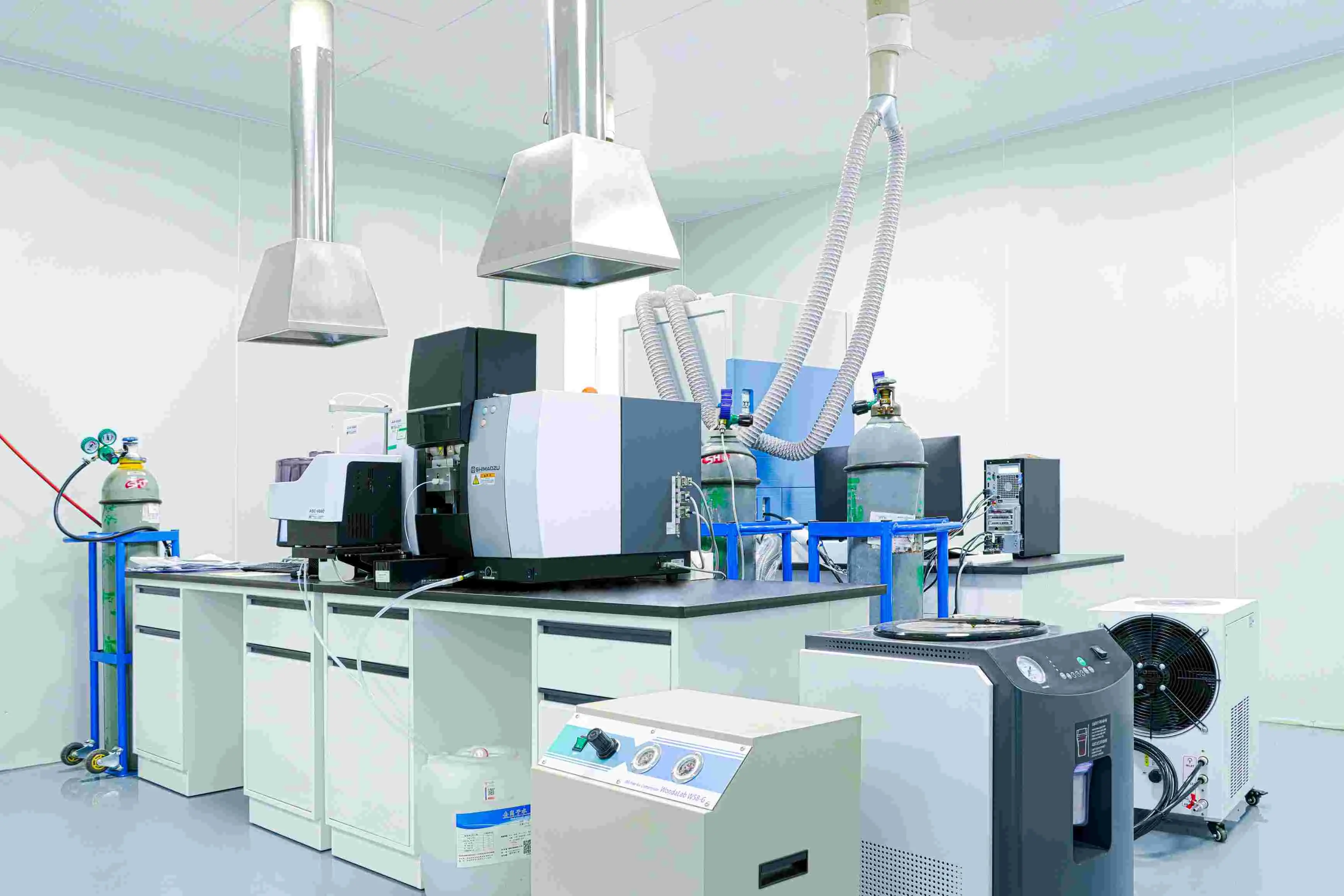UKCA Certification in the UK
What is ukca certification?
ukca (UK Conformity Assessment) is a UK product certification replacing the ce marking after the UK's exit from the EU. From January 1, 2021, products planned to be placed on the market in the UK (England, Wales, and Scotland) will require this certification.
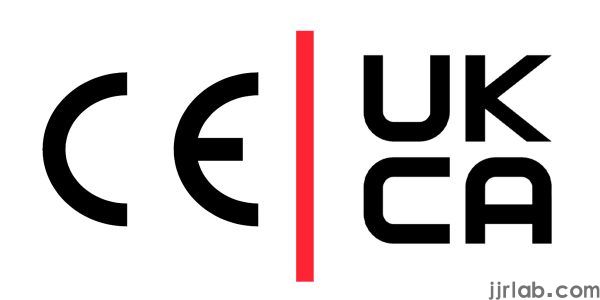
UK certification bodies are no longer allowed to issue any EU statutory certifications, and existing UK certifications within the EU are no longer valid. Manufacturers who previously used UK certification body statutory certification marks (such as EU type-examination certificates) must switch to EU member state bodies or reapply. Correspondingly, certification marks used in the UK must also be issued by UK certification bodies.
Appropriate UK regulations must be used to replace EU directives and regulations with corresponding UKCA certification obligations.
The EU market does not recognize UKCA certification. Products planned to be placed on the EU market still require CE certification.
When is UKCA Certification Required?
Since January 1, 2021, the UKCA marking has become a mandatory symbol in the UK. In early August 2023, the UK government announced that the CE marking would be indefinitely recognized after the 2024 deadline.
After December 31, 2024, manufacturers will be allowed to introduce products carrying only the CE marking to the UK market. Similarly to EU declarations of conformity, there will also be UKCA declarations of conformity for the UK market in the future, which will reference relevant UK laws and cite British Standards (BS) as the normative basis, rather than EU directives/regulations. Standards suffixed with BS indicate those adopted by the British Standards Institution as British Standards.
Even after the end of 2024, the CE marking, EU declarations of conformity, and EU type-examination will be considered equivalent to the respective elements in the UK.
The UK government has issued UKCA certification instructions.

Products Covered by UKCA Certification
The UKCA marking covers most products currently regulated by the CE marking as well as aerosol products, including: toy safety, leisure boats and personal watercraft, simple pressure vessels, electromagnetic compatibility, non-automatic weighing instruments, measuring instruments, lifts and elevating work platforms, explosion-proof products, radio equipment, pressure equipment, personal protective equipment, gas appliances, machinery, outdoor noise, eco-design, aerosols, low-voltage electrical equipment, and restrictions on hazardous substances.
UKCA Certification Requirements
UKCA certification is a comprehensive safety system, not just sample testing. To pass UKCA certification, it must be ensured that the product from design, production, packaging, instructions, transportation, and sales, as well as the entire effective service life from use to recycling, complies with the basic requirements of UK laws regarding health, safety, and environmental protection, and ensures the safety of users and the environment at all times. Therefore, to pass UKCA certification, generally four requirements must be met:
1. Before being placed on the UK market, the product must bear the UKCA certification mark.
2. After being placed on the UK market, technical files must be stored in the UK for supervisory authorities to inspect at any time.
3. Products found not to comply with UKCA requirements, or incidents occurring during use but already bearing the UKCA certification label, must be remedied.
4. If there are changes or amendments to UK laws related to products bearing the UKCA certification label after being placed on the UK market, subsequent production of the same type must also be changed or revised accordingly to comply with the new UK laws.
UKCA Certification Fees and Processing Time
UKCA certification fees range from approximately $400 to $1300, and accurate quotations can only be obtained after product confirmation standards are determined. The general certification period is 5-7 working days.

UKCA Certification Process
1. The applicant fills out the application form, provides pictures and material lists, and determines the instructions and coordinating standards the product complies with.
2. Detailed requirements that the product should meet are determined.
3. Test samples are determined.
4. The product is tested and its conformity is inspected.
5. Technical files required by the instructions are drafted and retained.
6. Upon successful testing, the report is completed, the project is completed, the UKCA certification certificate report is issued, the UKCA mark is affixed, and an EC declaration of conformity is made.
Which Medical Devices Require UKCA Certification?
In principle, all higher classification level medical devices and in vitro diagnostic medical devices intended to be sold on the UK market require UKCA certification. This includes newly launched products and those already approved.
Email:hello@jjrlab.com






